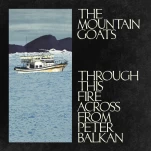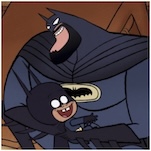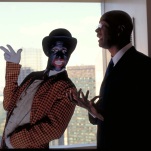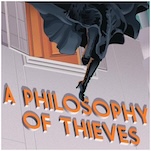Cool-Handed Senegalese Horror Hybrid Saloum Is Thrilling and Cocky
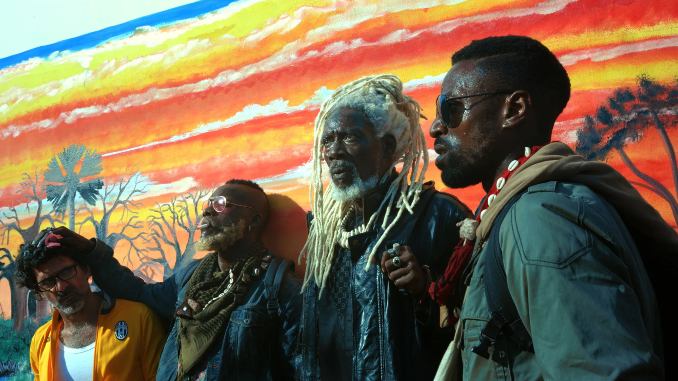
Jean Luc Herbulot’s take on mysticism, mercenaries and Senegalese culture in Saloum scratches a badass Robert Rodriguez itch. Its approach to genre elevation meets at the corner of Western African tragedies and infernal escape plans, all of which smell of rebellious gunsmoke. Herbulot pens a screenplay about revenge obsessions and smuggled treasure as militant rebels collide with literal demons from Senegal folklore. “Once upon a time in Africa,” reads the film’s poster, blatantly recalling Sergio Leone and, later, Robert Rodriguez—which isn’t that presumptuous a comparison to tout. Saloum might not have the budget, but there’s no lack of confidence behind the cool-handed executions paying respect to pulp.
The year is 2003, amidst a coup d’état. A trio of mercenaries known as “Bangui’s Hyenas” are tasked with escorting a drug lord out of Guinea-Bissau, along with his massive haul of gold blocks. Chaka (Yann Gael), Rafa (Roger Sallah) and Minuit (Mentor Ba) are legends of their craft—but their latest assignment is derailed when their aircraft starts leaking fuel. Chaka instructs Rafa to steer towards Sine-Saloum, where they’ll stay at a community compound where rooms are traded for chores. Omar (Bruno Henry) welcomes Chaka’s crew with two rooms, a liquor bottle and dinner—Chaka assures his battle brothers they’ll be gone in three nights. A promise the fearless leader cannot keep.
-

-

-

-

-

-

-

-

-

-

-

-

-

-

-

-

-

-

-

-

-

-

-

-

-

-

-

-

-

-

-

-

-

-

-

-

-

-

-

-





